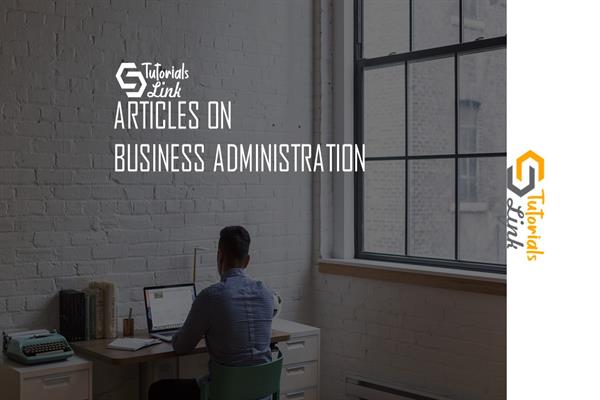Explain the nature, importance and limitation of controlling?
Explain the nature, importance and limitation of controlling?
Nature of controlling:
1) Controlling is goal oriented function: controlling is a goal oriented function as it make sure that everyone should follow the plan or work is accomplished as per the plan as plan always aims at achieving organization goal or objectives.
2) Controlling is an pervasive function: controlling is pervasive. Controlling function is not only the task of top level manager but it also performed by all level of management i.e middle level and lower level of management.
3) Controlling is a dynamic process: Controlling can be flexible and dynamic. Flexible, it means it can be changed according to the situation. As the future is uncertain, and we do not know what will happen in the future. This includes a continuous review of performance standards and the outcome of corrective action, which may lead to changes in other functions of management
4) Controlling is a continuous function: controlling is not a one time job but it is an ongoing process, as it carried on till the organisation is surviving.
Importance of controlling:
1) Judging Accuracy of Standards: While performing the function of controlling, a management should have a good control system which enables management to verify whether the standards set are accurate and objective. An economical control system keeps a regular check on the changes taking place in the organisation and in the setting and helps to review and revise the standards in light of such changes.
2) Controlling function Making efficient use of resources: Another important function of controlling is that, Controlling makes it possible to use human and physical resources efficiently. Under controlling, it is ensured that no employee can delays his work performance. In the same way, wastage in all the physical resources is monitored.
3) Controlling function Ensur Order and Discipline: controlling function ensures order and discipline. With its implementation, all the unnecessary activities like theft, corruption, delay in work and uncooperative attitude are checked.
4) Controlling Improve employee motivation: Through controlling function, an effort is made to motivate the employees. A good control system ensures that employees know well in advance what they have to do and what are the standards of performance on the basis of which they will be assess.
5) Controlling function helps in Accomplishing organisational goals: The controlling function measures performance towards the organisational goals and brings to light the deviations, if any, and indicates corrective action. It, thus, guides the organisation and keeps it on the right track so that organisational goals can be achieved.
6) Controlling Facilitate coordination in action: Controlling provides direction to all activities and efforts for achieving organisational goals. Every department and worker is ruled by pre-determined standards that area unit well coordinated with one another. This ensures that overall organisational objectives area unit accomplished.
Limitation of controlling:
1) Difficulty in setting quantitative standards: Control function loses some of its effectiveness once standards cannot be outlined in quantitative terms. This makes measuring of performance and their comparison with standards a difficult task. Worker morale, job satisfaction and human behaviour are such areas where the problem may arise.
2) Little control on external factors: Typically an enterprise cannot management exterior factors like government policies, technological changes, competition etc.
3) Resistance from employees: Management is usually resisted by employees. They see it as a restriction on their freedom. For instance, staff would possibly object when they are kept under a strict watch with the help of Closed Circuit Televisions (CCTVs).
4) Costly affair: Controlling involves a lot of expenditure, time and energy, therefore it’s a costly affair. Manager needs to ensure that the cost involved in installing and operating a control system should not be more than the benefits expected from it.





